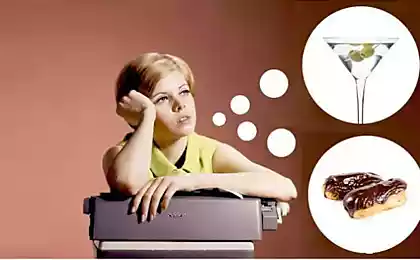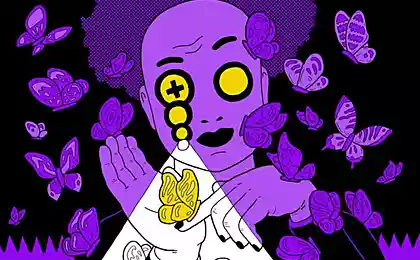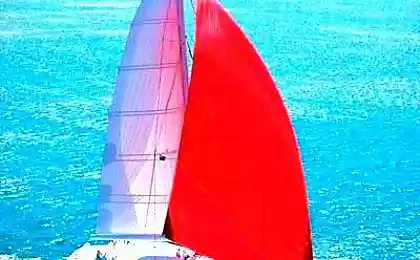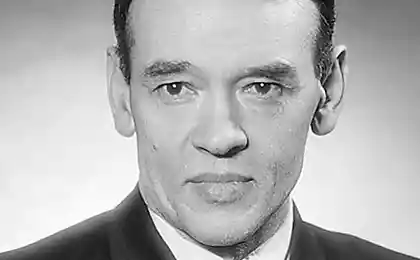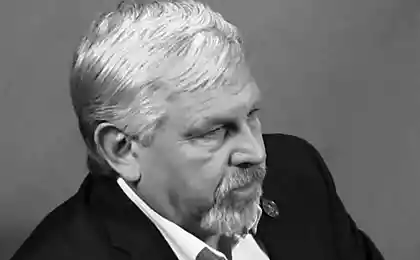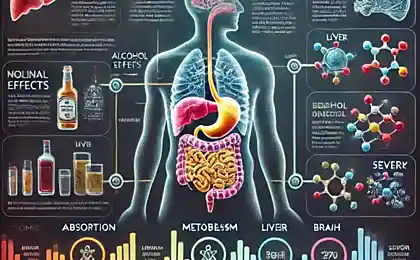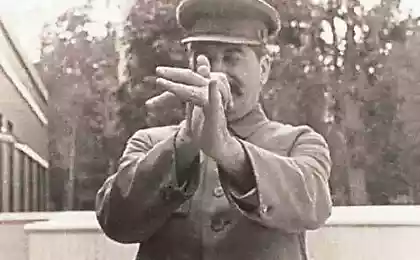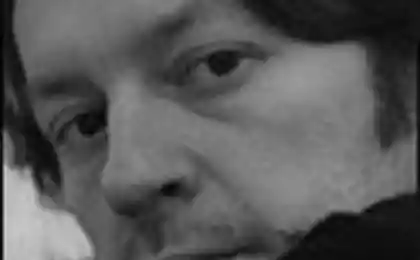527
Bad morning, good evening: alcoholic addiction of the famous writers
Some occupations cause such persistent Association with drinking of alcoholic drinks, as profession of the writer. Remember any known and sure it will be found that at some stage of his career he emptied a bottle of Bourbon faster than a bottle of ink
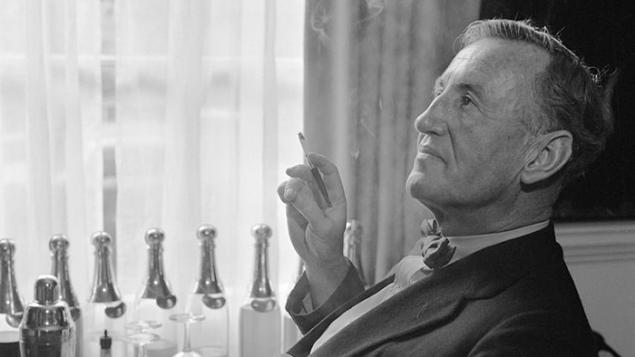
Ian Fleming
Agent 007 is much more reckless than people think. Yes, him checking in to hotels under its own name, making it the most secret agent of all time, and Yes, on account of his many Affairs with women that it is time to open my own clinic for sexual health, but what is more important. Something puts him in greater danger than pressed to the back of the gun the Walther PPK. University research works, Ian Fleming showed that the agent on average drank from 65 to 92 shots of alcohol a week, which is nearly four times the legal limit. And James bond was not the only one who was fond of alcohol. Approximately the same as that used by its Creator Fleming — the man, tormented by demons of war, the pain of the personal losses and the burden of geopolitical secrets, casually finished off a bottle of gin a day. At least as long as his doctor hinted that Bourbon is a little better for health. You only live twice, in the end.
Gin Martini. Cocktail recipe Fleming was placed in the first book of the bond. In the novels, bond drinks alcohol on average every seventh page. William Faulkner
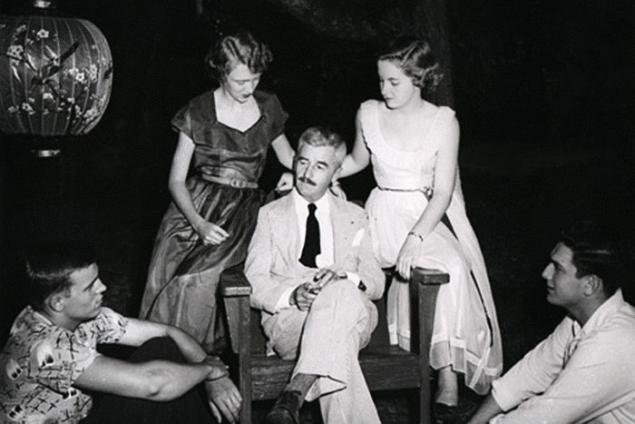
"People should not indulge in alcohol to fifty, and after the fool he is, if not spoiled", once said William Faulkner, which he began to indulge in alcohol before adulthood. A bottle of whiskey at arm's length for him played a crucial role in the writing process. He claimed that he likes to work at night when think of lots of ideas, half of which is forgotten in the morning, and Jack Daniel's was his favorite brand. Visit his hometown of Oxford, Mississippi is even on the writer's grave you can see a bottle of his favorite beverage.
Faulkner was a big fan of mint julep, which he made whiskey with sugar, ice and fresh mint and served in a metal Cup. The recipe is preserved in his estate Rowan Oak. Francis Scott Fitzgerald
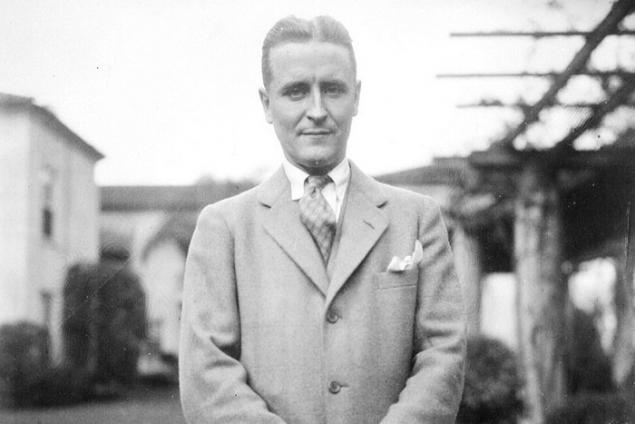
His intoxicating descriptions of the life of high society were forced the reader to catch his breath, so, according to Scott Fitzgerald, was supposed to be and drinking so he preferred gin, believing that the breath does not acquire the smell. Gin, among many other alcoholic beverages was a natural social catalyst for many of the antics that the writer and his playful wife Zelda allowed herself in the light while you were together. Gene also led the pair to separation. However, we cannot say that they do not affect badly on each other without any booze — Scott Fitzgerald once wrote to Zelda, "they ruined each other."
Gin Ricky. In the 1920s, and the depression of the 1930s there were plenty of "Ricky" — and Scotch, and rum, and applejack. But gin all survived. Especially for Fitzgerald, which prevented 80 milliliters of gin, two tablespoons of lime juice and soda, and then served in a tall glass, decorated with sliced lime. Stephen King
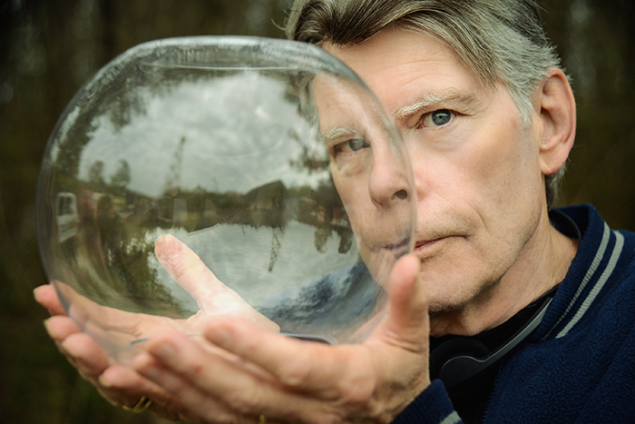
Beer. Depression. Cocaine. Typewriter. Suicidal thoughts. The late 1970s and early 1980s, should have become for Stephen king's solid smog from a terrible nightmare at the time it was so bad, that he, by his own admission, doesn't even remember how to write "cujo". An exemplary writer, an alcoholic, more likely, king was afraid to lose my creative spark if sobriety is still ever prevail. Which, of course, sobriety eventually did — in ten years, without spoiling the quality of his terrible works one iota. Later the writer admitted: "I drank all my life since then, as I began to let the law. And my goal was always to get drunk as much as possible. I never understood what "a drink for the company" — I always thought that it's almost like kissing a sister."
Beer — the greatest evil of all possible — always used king of the house. "I never went to drink in the bars, because they were stuffed to the eyeballs with the same assholes as I am," shared the writer recently with the Guardian. Hunter S. Thompson
Never sought to stand out from the crowd, Thompson liked to have his alcohol was the same as his journalistic style — strong, sharp and not always graceful. One major publisher once remarked that in their first meeting, Thompson drank 20 glasses of double Wild Turkey Bourbon, and then left the room, "like drinking a Cup of tea". The truth is that Wild Turkey has become such an important motive for a writer, that he even mentioned him in "Fear and loathing in Las Vegas", as well as in several other of his works.
As mentioned, hunter S. Thompson, one of the most famous writers, celebrating this famous Kentucky Bourbon, didn't always like everything to be elegant, so it is often drank Wild Turkey with ginger ale. Truman Capote
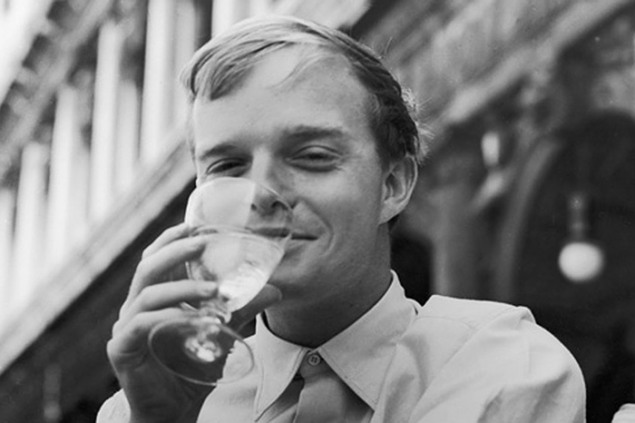
Few could blame the Hood in the inability to combine work and pleasure. The writer went so far as to describe their creative process: "When it's noon, I move from coffee to mint tea, then to sherry and then to a Martini. I don't sit down at the typewriter. Not immediately. First, I write by hand". An extrovert by nature, outside of time, the writer used to spend time in the vicinity of prestigious drinking establishments, among them the bar on the rotating carousel at the hotel Monteleone in New Orleans. It was his favorite place.
Vodka with orange juice. By and large, the classic "Screwdriver" — with the only difference being that Capote called it "orange drink". Raymond Chandler
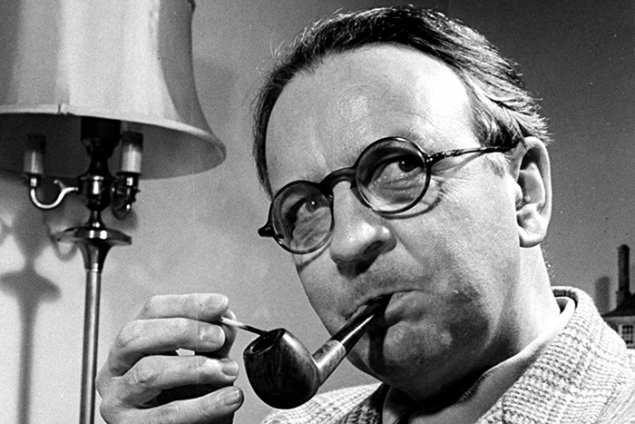
"There is no bad whiskey. Whiskey is just not as good as the other whiskey." Raymond Chandler admitted that she can't control her relationship with alcohol — on the contrary, the alcohol controls him. When the writer had commissioned the play "Blue Dahlia" in 1945, he unexpectedly came a creative crisis, and it made him tell his new employers that finish the play, only if you get drunk to unconsciousness. So he did. The legend says that John Housman, the boss of Paramount, which just happened, the writer was invited to lunch (and by lunch a small snack, and three double martinis, three brandy and the liqueur crème de menthe), Chandler found unconscious behind a Desk — dead drunk. Near writer lay neatly folded over the piece and some empty bottles.
The gimlet. "Half gin and juice pink lime — nothing more" — described the recipe of the drink itself Chandler's famous novel, 1953's "the Long goodbye". Edgar Allan PoE
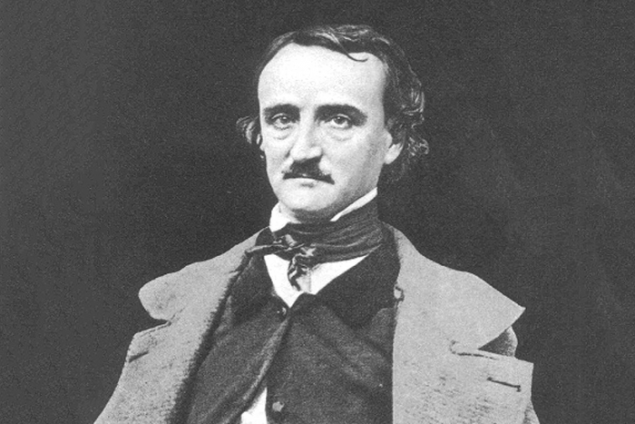
Painful to write dark poetry and bloody prose, decent movie Tarantino was not the only thing Allan PoE loved to do. A literary classic also liked sometimes to drink from the bottle of brandy. His roommate, Thomas Gibson recalled that rarely saw Edgar Allan PoE without brandy from "benny haven" — a local bar. Add to this inexplicable love of the egg-the leg out — the very drink that has secured the role of the torture instruments in the story "the pit and the pendulum". Oddly enough, the most common theory to explain the mysterious death of a writer, suggests rabies, and not problems related to his tortured liver.
Eggnog. Eggnog from was a family value. Its recipe has been passed down from generation to generation, and it has traditionally consisted of seven eggs, sweetened milk, whipped cream, brandy and nutmeg. Oscar Wilde
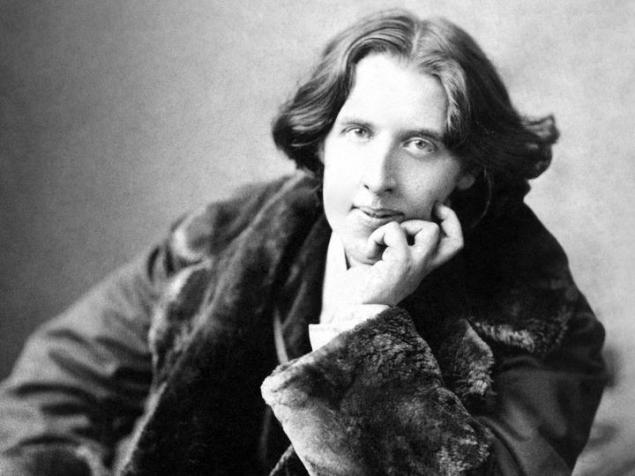
The beauty of short sayings Wilde on the topic of alcohol can only be compared to his love to drink in one gulp. They say his enthusiasm was absinthe — the green potion playwright addicted in Paris, where he fell in love with the finish of the drink and the fruits of its hallucinogenic nature. Another passion of Oscar Wilde was the champagne — it brightened up even the worst moments of his life. On the verge of dying when morphine did not work, Wilde eased the pain with a mixture of opium, chloral and champagne. In this occasion he said the famous: "And now I die how I lived: beyond my means".
Champagne. Served ice-cold and sharp — like his wit, I suppose. published
Source: theoryandpractice.ru

Ian Fleming
Agent 007 is much more reckless than people think. Yes, him checking in to hotels under its own name, making it the most secret agent of all time, and Yes, on account of his many Affairs with women that it is time to open my own clinic for sexual health, but what is more important. Something puts him in greater danger than pressed to the back of the gun the Walther PPK. University research works, Ian Fleming showed that the agent on average drank from 65 to 92 shots of alcohol a week, which is nearly four times the legal limit. And James bond was not the only one who was fond of alcohol. Approximately the same as that used by its Creator Fleming — the man, tormented by demons of war, the pain of the personal losses and the burden of geopolitical secrets, casually finished off a bottle of gin a day. At least as long as his doctor hinted that Bourbon is a little better for health. You only live twice, in the end.
Gin Martini. Cocktail recipe Fleming was placed in the first book of the bond. In the novels, bond drinks alcohol on average every seventh page. William Faulkner

"People should not indulge in alcohol to fifty, and after the fool he is, if not spoiled", once said William Faulkner, which he began to indulge in alcohol before adulthood. A bottle of whiskey at arm's length for him played a crucial role in the writing process. He claimed that he likes to work at night when think of lots of ideas, half of which is forgotten in the morning, and Jack Daniel's was his favorite brand. Visit his hometown of Oxford, Mississippi is even on the writer's grave you can see a bottle of his favorite beverage.
Faulkner was a big fan of mint julep, which he made whiskey with sugar, ice and fresh mint and served in a metal Cup. The recipe is preserved in his estate Rowan Oak. Francis Scott Fitzgerald

His intoxicating descriptions of the life of high society were forced the reader to catch his breath, so, according to Scott Fitzgerald, was supposed to be and drinking so he preferred gin, believing that the breath does not acquire the smell. Gin, among many other alcoholic beverages was a natural social catalyst for many of the antics that the writer and his playful wife Zelda allowed herself in the light while you were together. Gene also led the pair to separation. However, we cannot say that they do not affect badly on each other without any booze — Scott Fitzgerald once wrote to Zelda, "they ruined each other."
Gin Ricky. In the 1920s, and the depression of the 1930s there were plenty of "Ricky" — and Scotch, and rum, and applejack. But gin all survived. Especially for Fitzgerald, which prevented 80 milliliters of gin, two tablespoons of lime juice and soda, and then served in a tall glass, decorated with sliced lime. Stephen King

Beer. Depression. Cocaine. Typewriter. Suicidal thoughts. The late 1970s and early 1980s, should have become for Stephen king's solid smog from a terrible nightmare at the time it was so bad, that he, by his own admission, doesn't even remember how to write "cujo". An exemplary writer, an alcoholic, more likely, king was afraid to lose my creative spark if sobriety is still ever prevail. Which, of course, sobriety eventually did — in ten years, without spoiling the quality of his terrible works one iota. Later the writer admitted: "I drank all my life since then, as I began to let the law. And my goal was always to get drunk as much as possible. I never understood what "a drink for the company" — I always thought that it's almost like kissing a sister."
Beer — the greatest evil of all possible — always used king of the house. "I never went to drink in the bars, because they were stuffed to the eyeballs with the same assholes as I am," shared the writer recently with the Guardian. Hunter S. Thompson
Never sought to stand out from the crowd, Thompson liked to have his alcohol was the same as his journalistic style — strong, sharp and not always graceful. One major publisher once remarked that in their first meeting, Thompson drank 20 glasses of double Wild Turkey Bourbon, and then left the room, "like drinking a Cup of tea". The truth is that Wild Turkey has become such an important motive for a writer, that he even mentioned him in "Fear and loathing in Las Vegas", as well as in several other of his works.
As mentioned, hunter S. Thompson, one of the most famous writers, celebrating this famous Kentucky Bourbon, didn't always like everything to be elegant, so it is often drank Wild Turkey with ginger ale. Truman Capote

Few could blame the Hood in the inability to combine work and pleasure. The writer went so far as to describe their creative process: "When it's noon, I move from coffee to mint tea, then to sherry and then to a Martini. I don't sit down at the typewriter. Not immediately. First, I write by hand". An extrovert by nature, outside of time, the writer used to spend time in the vicinity of prestigious drinking establishments, among them the bar on the rotating carousel at the hotel Monteleone in New Orleans. It was his favorite place.
Vodka with orange juice. By and large, the classic "Screwdriver" — with the only difference being that Capote called it "orange drink". Raymond Chandler

"There is no bad whiskey. Whiskey is just not as good as the other whiskey." Raymond Chandler admitted that she can't control her relationship with alcohol — on the contrary, the alcohol controls him. When the writer had commissioned the play "Blue Dahlia" in 1945, he unexpectedly came a creative crisis, and it made him tell his new employers that finish the play, only if you get drunk to unconsciousness. So he did. The legend says that John Housman, the boss of Paramount, which just happened, the writer was invited to lunch (and by lunch a small snack, and three double martinis, three brandy and the liqueur crème de menthe), Chandler found unconscious behind a Desk — dead drunk. Near writer lay neatly folded over the piece and some empty bottles.
The gimlet. "Half gin and juice pink lime — nothing more" — described the recipe of the drink itself Chandler's famous novel, 1953's "the Long goodbye". Edgar Allan PoE

Painful to write dark poetry and bloody prose, decent movie Tarantino was not the only thing Allan PoE loved to do. A literary classic also liked sometimes to drink from the bottle of brandy. His roommate, Thomas Gibson recalled that rarely saw Edgar Allan PoE without brandy from "benny haven" — a local bar. Add to this inexplicable love of the egg-the leg out — the very drink that has secured the role of the torture instruments in the story "the pit and the pendulum". Oddly enough, the most common theory to explain the mysterious death of a writer, suggests rabies, and not problems related to his tortured liver.
Eggnog. Eggnog from was a family value. Its recipe has been passed down from generation to generation, and it has traditionally consisted of seven eggs, sweetened milk, whipped cream, brandy and nutmeg. Oscar Wilde

The beauty of short sayings Wilde on the topic of alcohol can only be compared to his love to drink in one gulp. They say his enthusiasm was absinthe — the green potion playwright addicted in Paris, where he fell in love with the finish of the drink and the fruits of its hallucinogenic nature. Another passion of Oscar Wilde was the champagne — it brightened up even the worst moments of his life. On the verge of dying when morphine did not work, Wilde eased the pain with a mixture of opium, chloral and champagne. In this occasion he said the famous: "And now I die how I lived: beyond my means".
Champagne. Served ice-cold and sharp — like his wit, I suppose. published
Source: theoryandpractice.ru
Pit avocados — superfood for Your health
The second Cup of tea or look at an old parable from a new angle

